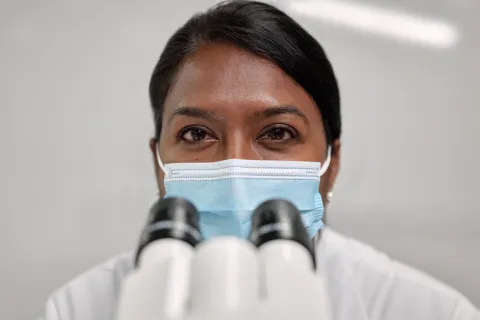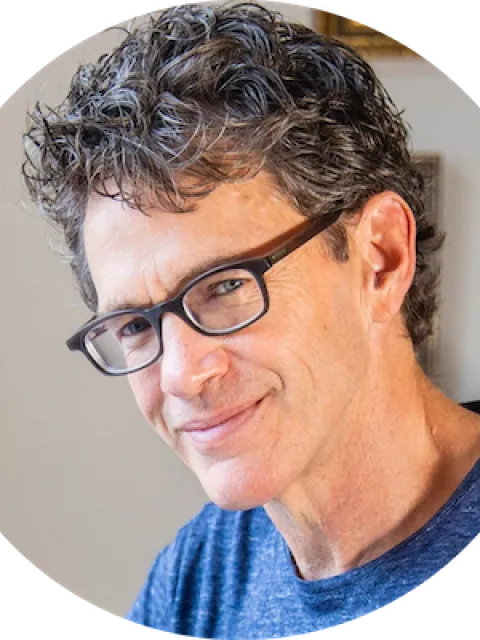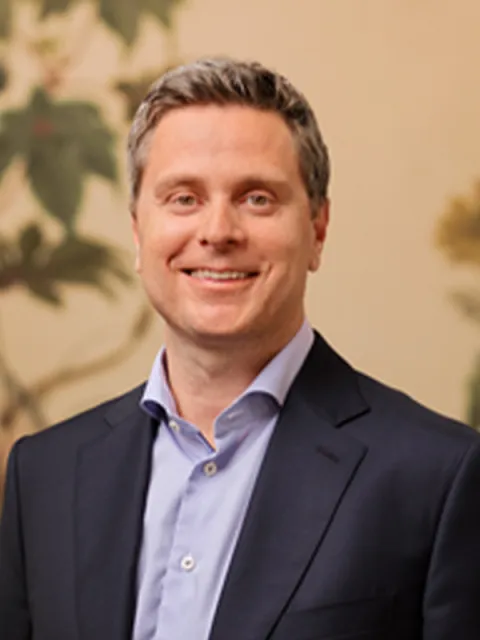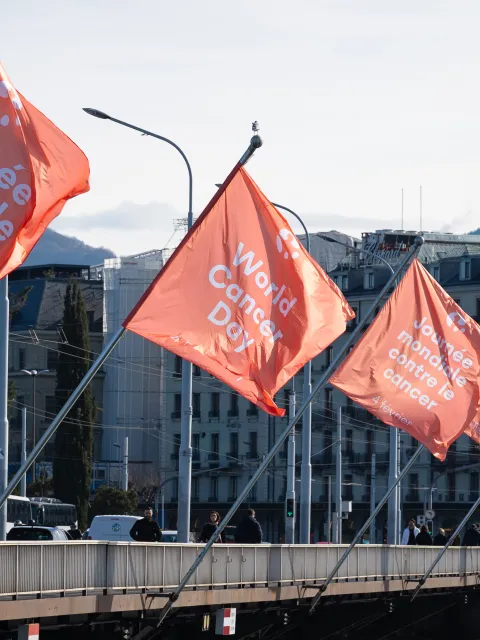Bringing cancer back into the spotlight

The pandemic has disrupted cancer services globally and broadened existing care gaps. Let’s work together to close them. Blog post by Bill Anderson and Thomas Schinecker of Roche, a UICC partner.
In the middle of what feels like an endless pandemic, it’s hard to think about anything other than COVID. While COVID-19 patients urgently need diagnostics and treatment, so too do people living with cancer. Cancer doesn’t pause during a pandemic. According to the WHO, one in three European countries had partially or completely disrupted cancer services. Globally, in 122 of 163 countries, Non-Communicable Disease (NCD) services have been disrupted.
This World Cancer Day we support the call to bring cancer care back to the spotlight to close the care gaps that have widened over the last two years.
Missed opportunities cost lives
Imagine a 50-year old mother in Ivory Coast. She feels a lump in her breast, but cannot get it tested as there are few pathologists and limited diagnostics infrastructure in the country. Life's complexities make it hard to travel to the specialist centre kilometers away from her home. When she finally receives her diagnosis, her breast cancer is already at a late stage. Breast cancer patients survive at least five years longer when diagnosed early.
We also know that high-risk HPV (human papillomavirus) infections cause 99% of cervical cancers. When diagnosed early, cervical cancer is highly preventable and treatable. Yet existing tests for screening and monitoring HPV infections are not widely accessible for every patient everywhere.
These are missed opportunities as long as universal access to quality healthcare and innovation remain global challenges, with significant discrepancies in access between countries. Ultimately, nearly one-third of cancer deaths could be avoided if current interventions were accessible.
Improving access to healthcare is a shared responsibility
Even before the pandemic, health systems were under pressure to improve outcomes and access in more sustainable ways. Now the world looks back at the speed at which tests and vaccines for COVID-19 were developed – based on decades of past science and experience – with a greater appreciation of the value of innovation and the need to invest long-term. Challenging the status quo is a shared responsibility. And strong partnerships across the public and private sectors are key to making that happen.
We all know it is possible. In Kenya, for instance, we initiated the EMPOWER programme, a public-private partnership that has already enabled over 25,000 people across 11 provinces to be screened for common cancers via a community-based mass screening service. And there is more we can do.
Closing the gap through the power of digital
Rewind two years and no one would have considered that using contact tracing apps would be part of our daily lives and protecting us against an aggressive virus. This shows that rapid progress is made when data sharing and digitalisation are supported – and we’ve seen it help us close the care gap around the world.
When the pandemic hit and patients could no longer get to clinical trial sites, the trials moved closer to their homes. This decentralised and more digitally enabled approach also extended clinical trials to communities not traditionally reached; and speedier recruitment for diseases with small patient populations was suddenly possible.
Another example of the power of digital to overcome barriers is telemonitoring. Project ECHO, an NGO we are collaborating with, connects healthcare workers worldwide and enables them to share medical knowledge. Together, our aim is to strengthen health systems by expanding medical capabilities beyond key centers, dramatically broadening access to care in remote areas.
The digital trends we have seen during the pandemic are here to stay. We all need is to pull together to continue accelerating their potential – work together to create international standards, modernise patient record systems, while at the same time addressing legitimate concerns about privacy and data security.
Remember that 50-year old lady who wasn’t diagnosed early? Using digital technologies, we can accelerate diagnosis by sending biopsies to bigger cancer centres that can process them quickly. It saves time in physical contact, and augments resources and local capacity for patient care by having pathologists across the world analyse biopsies from places without good access to services.
With research and science advancing at such a pace, there’s much more potential to not only treat cancer better but also improve access to innovative care. We welcome the World Cancer Day theme of the next three years and look forward to joining forces with all sectors to make greater access a reality.
Last update
Tuesday 13 December 2022Share this page



